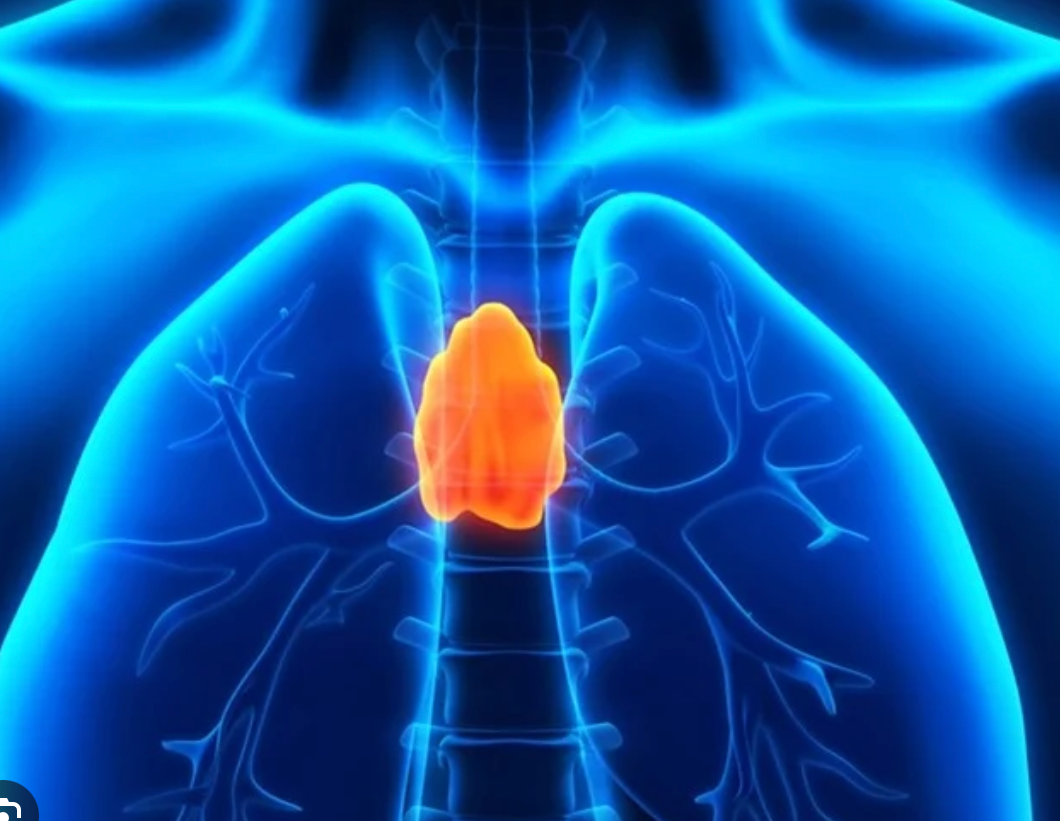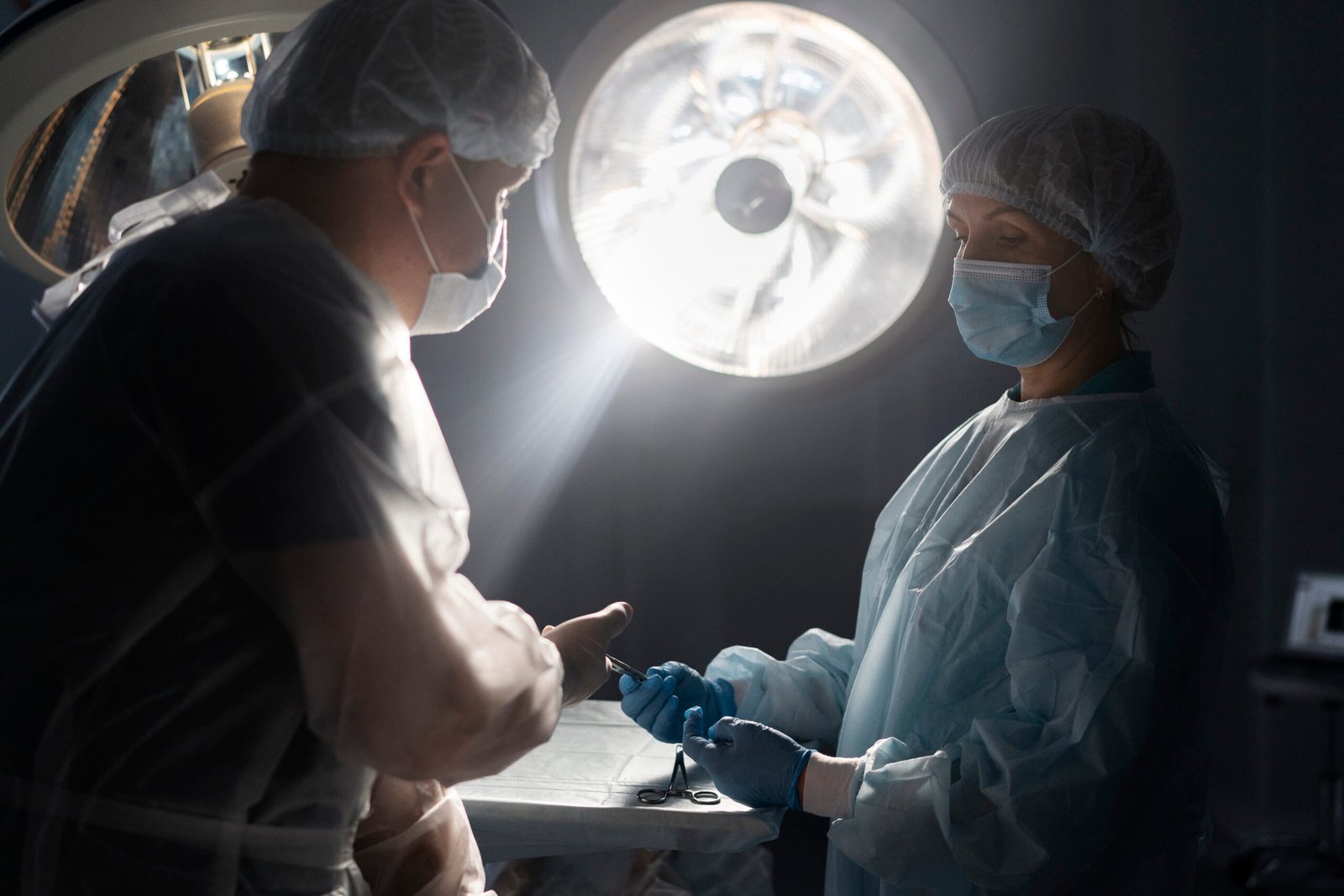Pneumothorax, commonly known as a collapsed lung, occurs when air or gas enters the pleural space (the space between the lung and the chest wall), causing the lung to collapse. While a mild pneumothorax may resolve on its own, more severe cases require medical intervention, often in the form of pneumothorax surgery. In this comprehensive guide, we’ll explore the types of treatments and surgical procedures available, recovery expectations, and the benefits of seeking expert care from a specialist.
What is Pneumothorax?
Pneumothorax can be caused by trauma to the chest, lung disease, or spontaneously, especially in individuals with certain risk factors. It can lead to symptoms like sudden chest pain, difficulty breathing, and rapid breathing. If left untreated, it can be life-threatening, making it crucial to seek medical care immediately.
Types of Pneumothorax Surgeries
When it comes to treating pneumothorax surgically, several procedures may be recommended depending on the severity and cause of the collapse:
- Needle Aspiration and Chest Tube Insertion
For a small pneumothorax, a needle aspiration may be used to remove the trapped air, followed by the insertion of a chest tube to allow air to escape. This procedure may be sufficient for cases that do not involve significant lung damage. - Video-Assisted Thoracoscopic Surgery (VATS)
VATS is a minimally invasive technique that uses a small camera and tiny surgical tools to remove the air from the pleural space. This is the preferred option for many cases of pneumothorax as it involves smaller incisions, reduced recovery time, and lower risk of complications compared to traditional surgery. - Thoracotomy (Open Surgery)
In more severe or recurrent cases, a thoracotomy, an open chest surgery, may be required. This procedure is typically recommended if VATS is not effective or if there’s significant damage to the lung. - Pleurodesis
In cases where pneumothorax occurs repeatedly, pleurodesis may be performed. This procedure involves creating a fusion between the lung and the chest wall to prevent future occurrences of pneumothorax.
Why Surgery is Necessary
Pneumothorax surgery is typically recommended when:
- The pneumothorax is large or causing significant symptoms.
- The lung does not re-expand after initial treatment.
- The condition is recurrent and other treatments have failed.
- It poses a risk to the patient’s ability to breathe properly or the collapse is life-threatening.
Recovery After Pneumothorax Surgery
The recovery process varies depending on the type of surgery performed, but most patients can expect the following general steps:
- Hospital Stay: After surgery, you may need to stay in the hospital for a few days to monitor your lung function and ensure there are no complications.
- Breathing Exercises: Doctors will likely recommend breathing exercises to help re-expand the lungs and improve oxygen levels.
- Follow-Up Care: Regular follow-up visits will be required to ensure that the lung has fully healed and to check for any signs of recurrence.
- Physical Activity: Most patients are advised to avoid heavy physical activity for several weeks, though light activities can usually be resumed after a few days or weeks, depending on the surgery.
Risks of Pneumothorax Surgery
As with any surgery, there are risks associated with pneumothorax surgery, including:
- Infection
- Bleeding
- Injury to surrounding tissues
- Recurrence of pneumothorax
These risks are generally low, especially with minimally invasive techniques like VATS, but they are important to discuss with your surgeon.
Why Choose Dr. Marco Scarci for Pneumothorax Surgery?
Dr. Marco Scarci is a leading thoracic surgeon with extensive experience in treating pneumothorax and other lung conditions. With a focus on minimally invasive techniques and patient-centered care, Dr. Scarci ensures that each patient receives the best possible treatment for their unique condition. Whether you need a simple procedure or more complex surgery, Dr. Scarci’s expertise can help guide you toward a successful recovery.
If you or a loved one is experiencing symptoms of pneumothorax or has been diagnosed with a collapsed lung, don’t wait. Contact Dr. Marco Scarci’s clinic today to schedule a consultation and learn more about the most effective treatment options for your condition.









